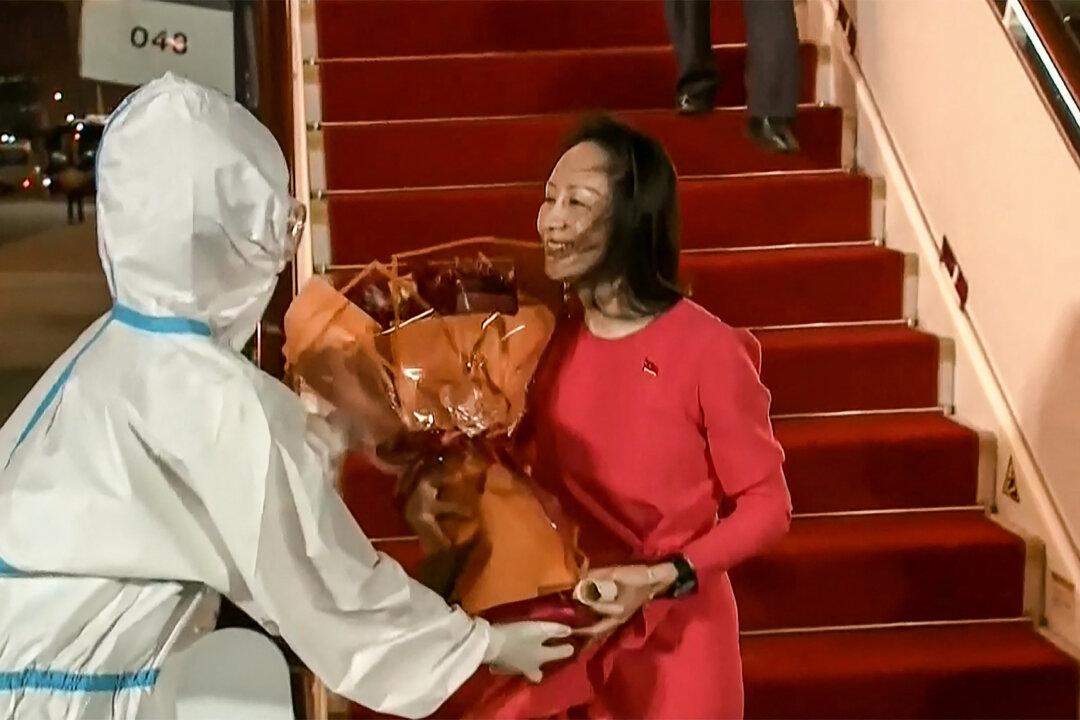House Armed Services Committee member Jim Banks (R-Ind.) has asked Attorney General Merrick Garland to explain the release of Huawei’s CFO Meng Wanzhou, in an open letter (pdf) released on Sept. 28.
On Sept. 24, the Department of Justice (DOJ) allowed Meng to return to China after she was detained in Canada on behalf of the U.S. government nearly three years ago. Meng was waiting to be extradited to the United States for her role in Huawei’s violations of U.S. sanctions against Iran through a shell company.




